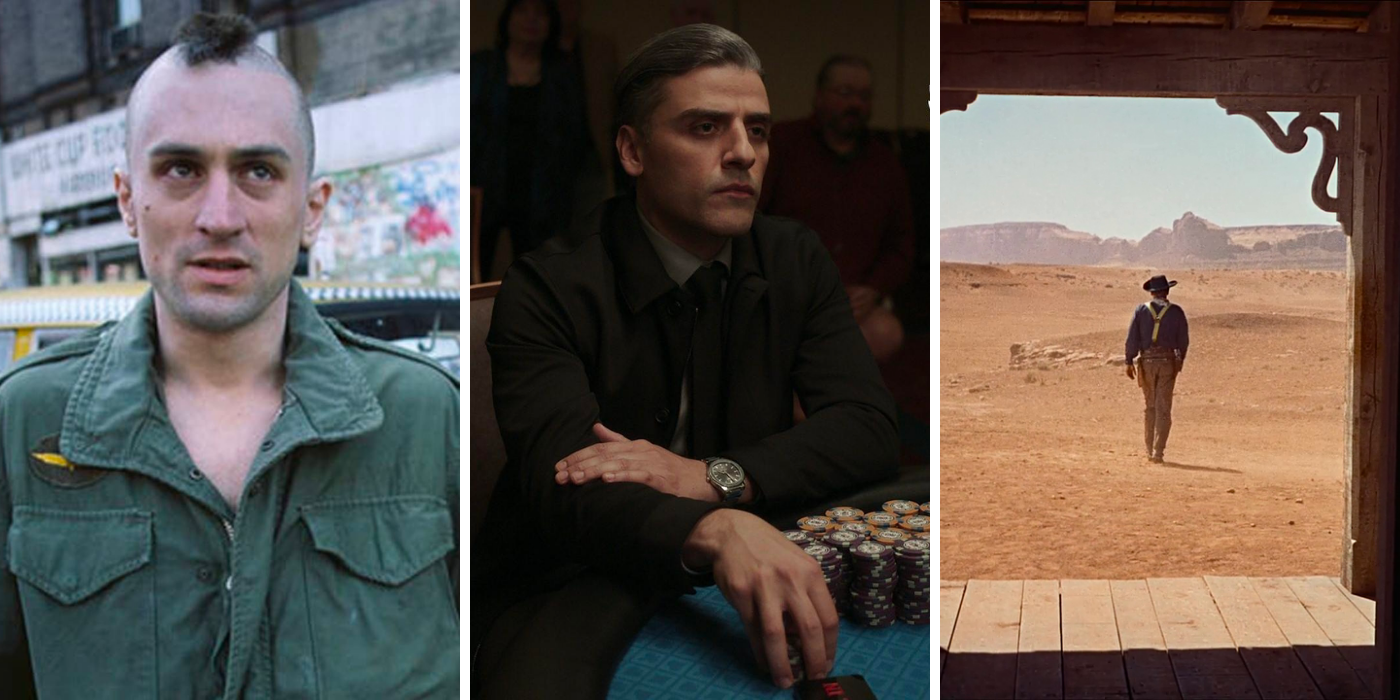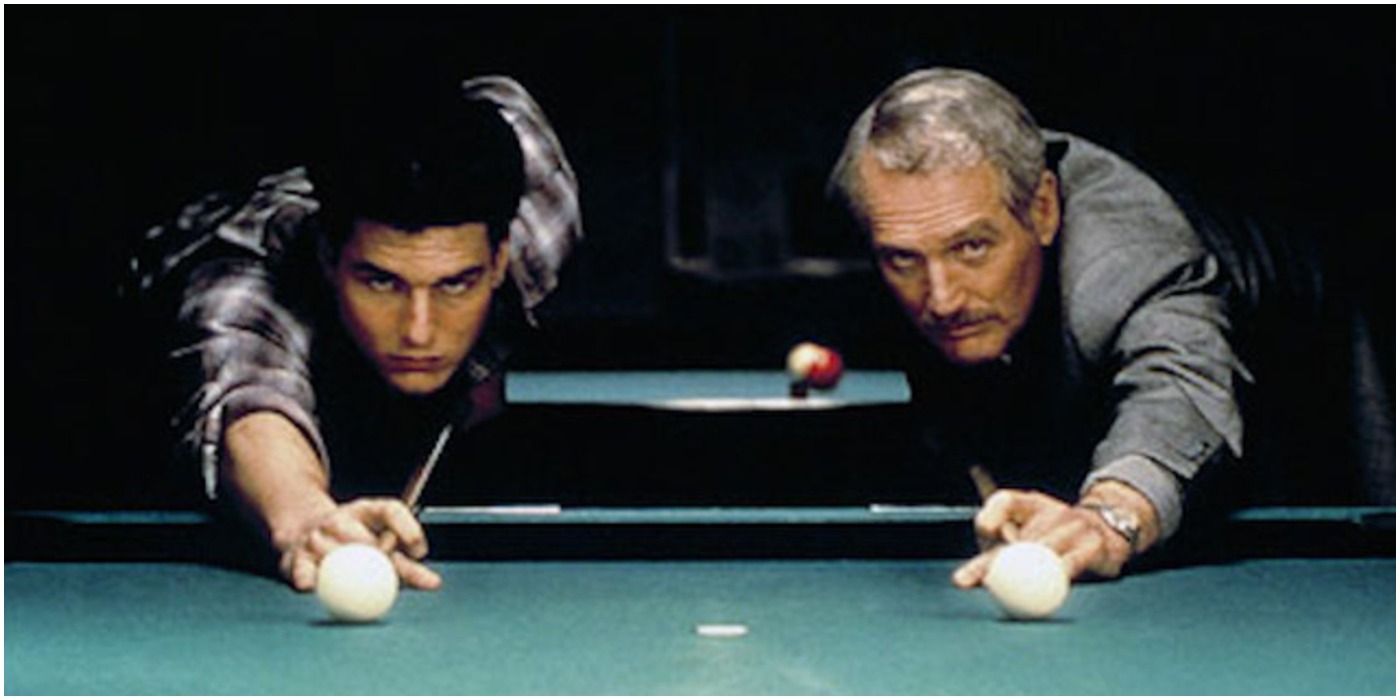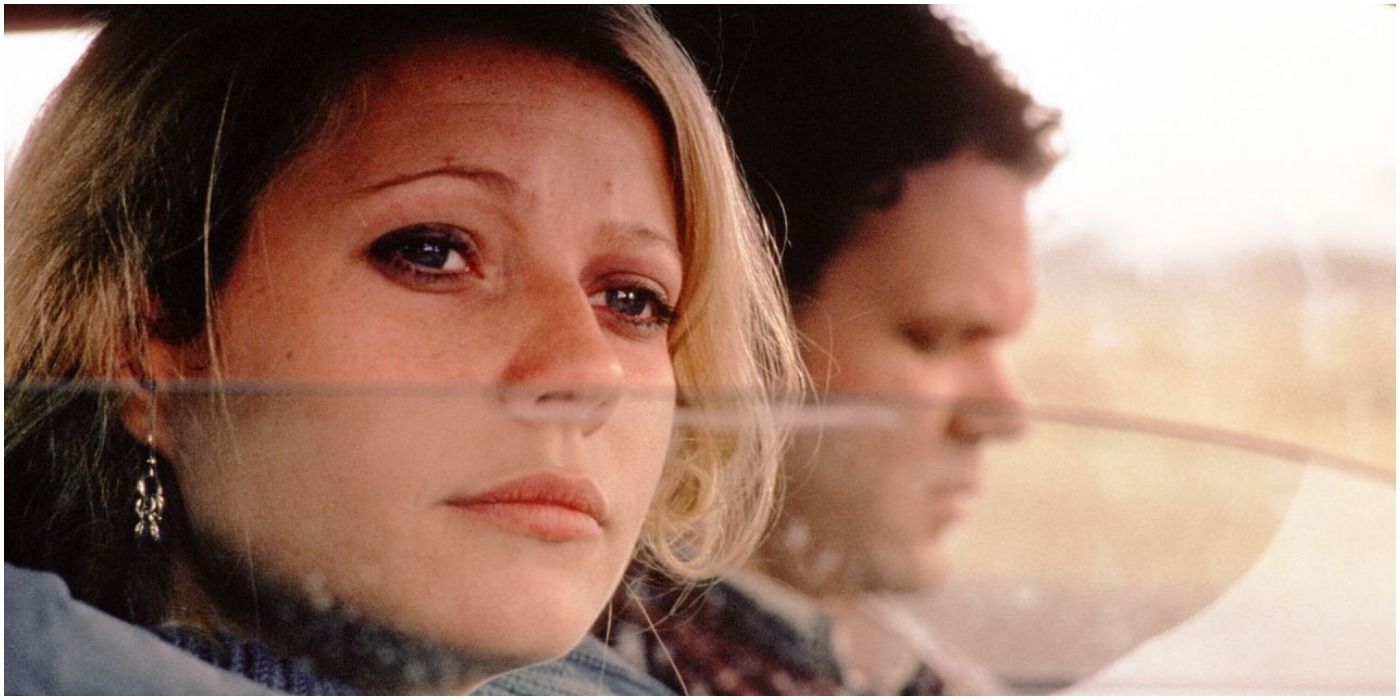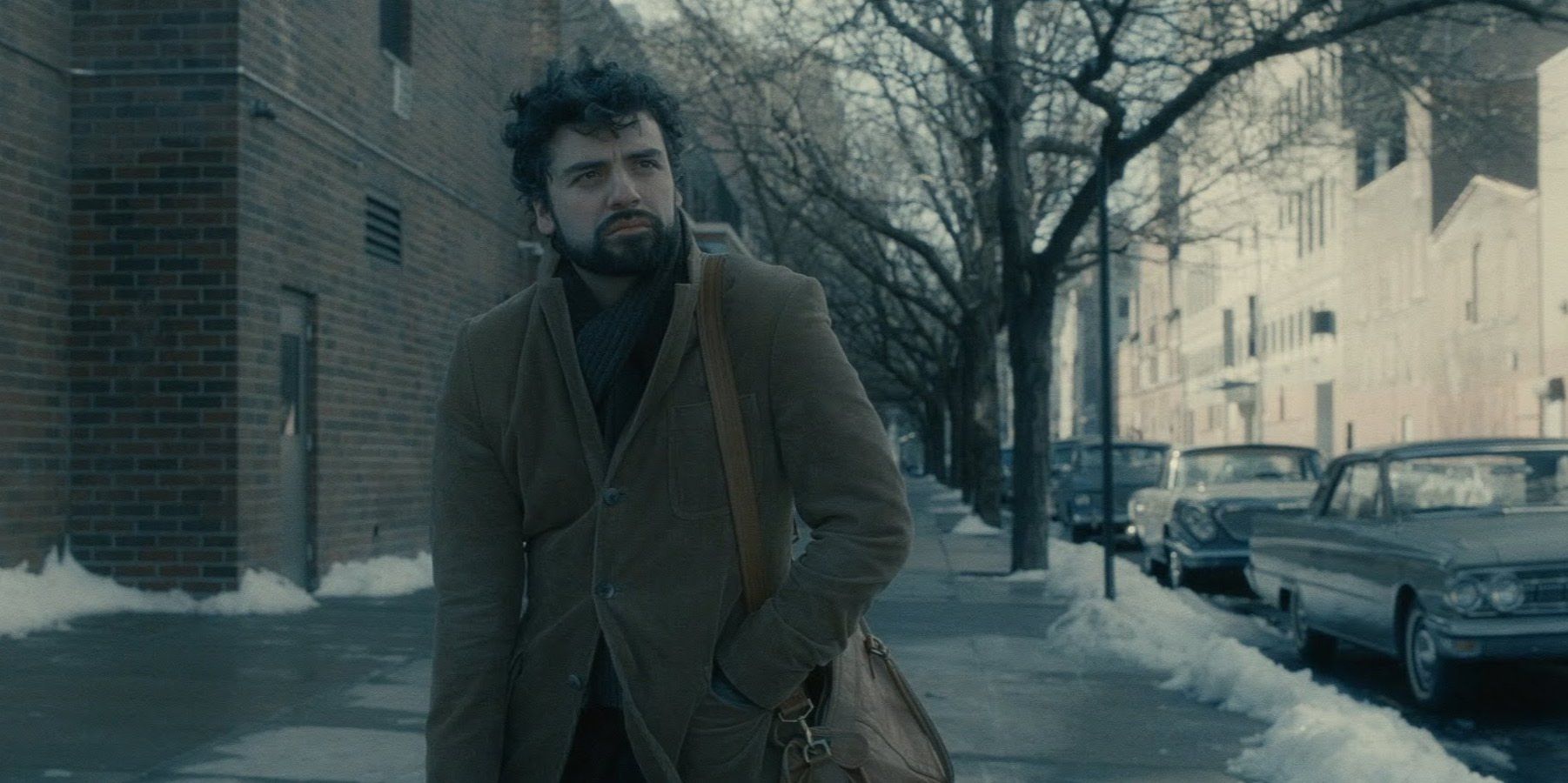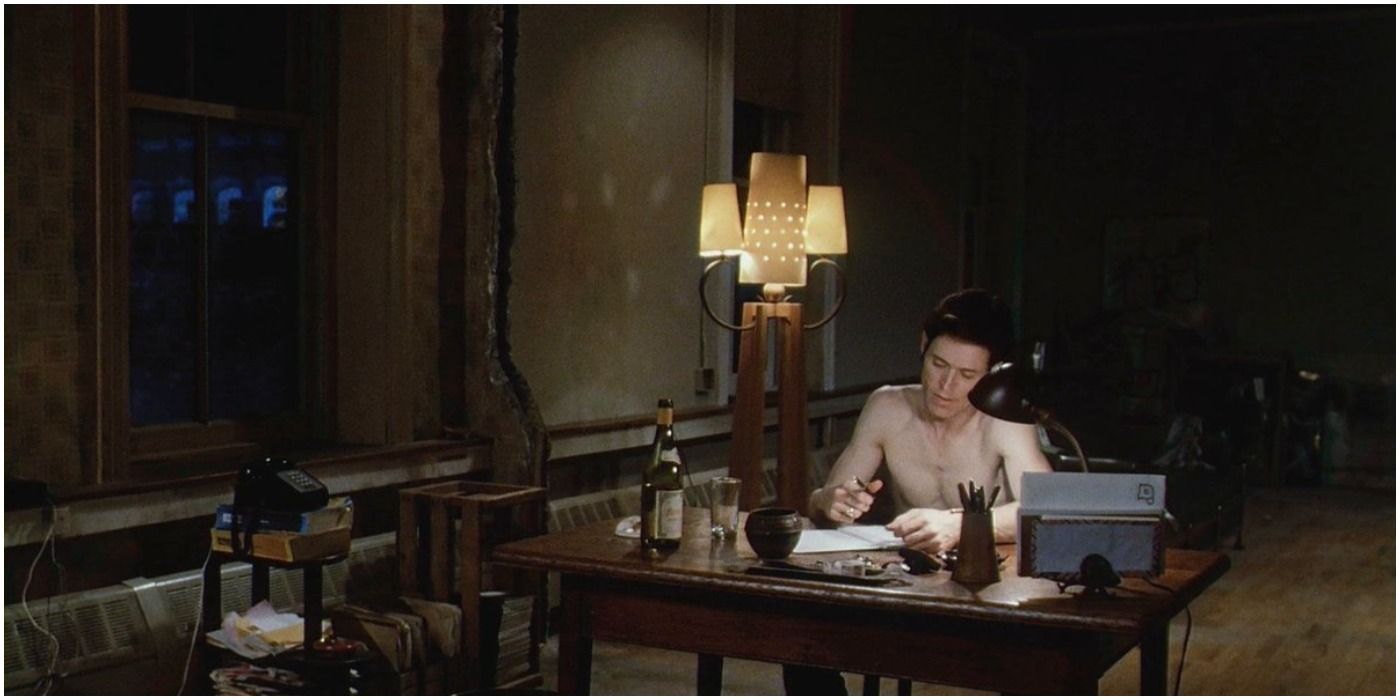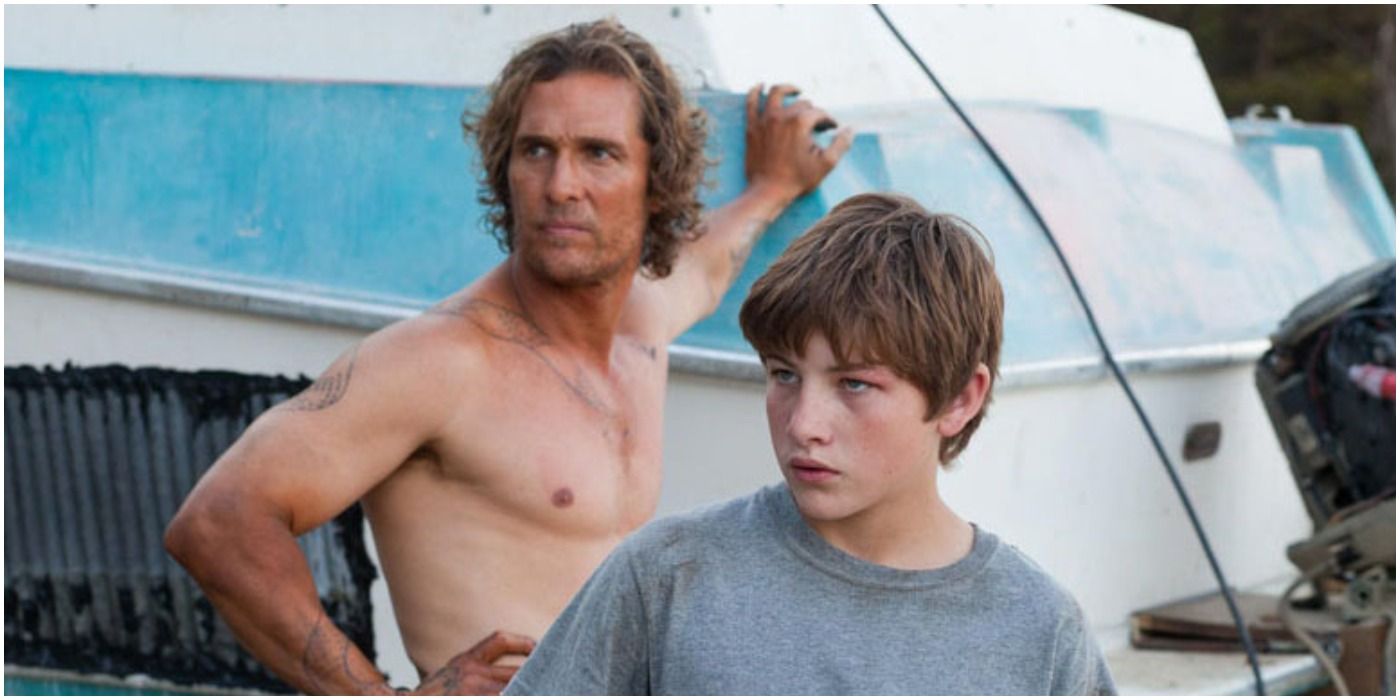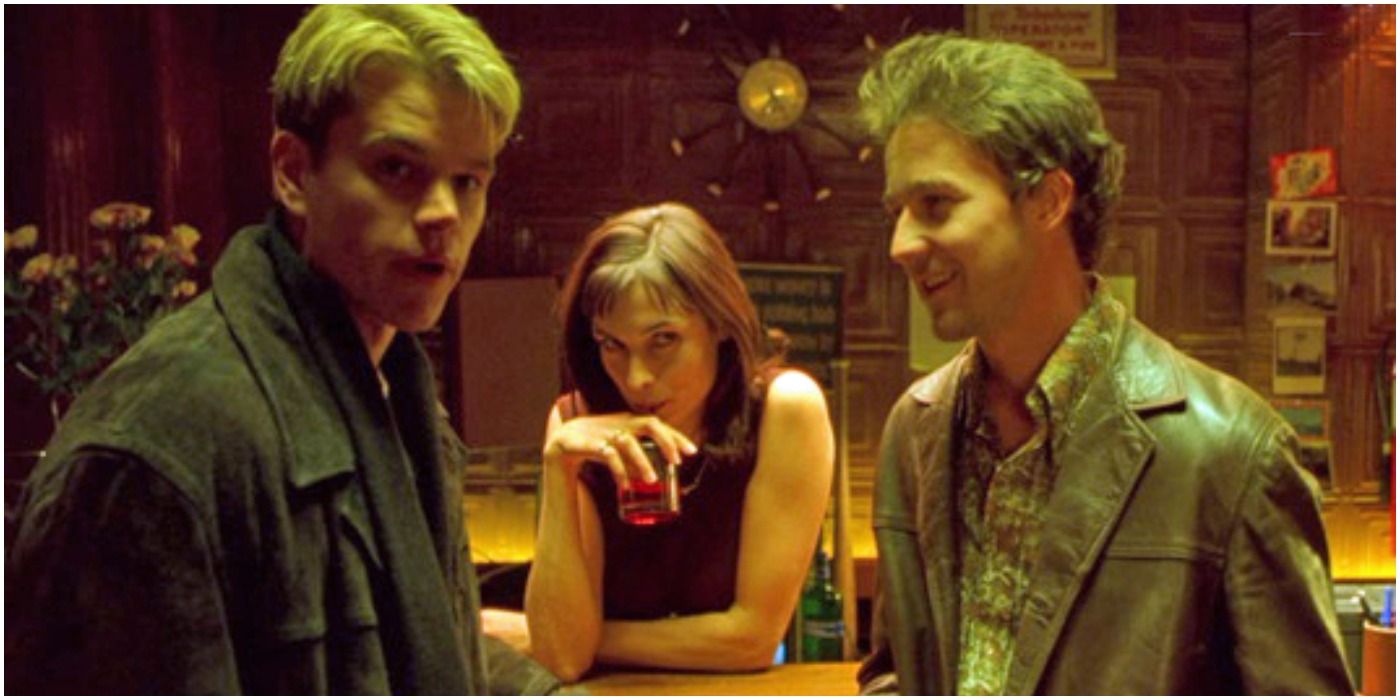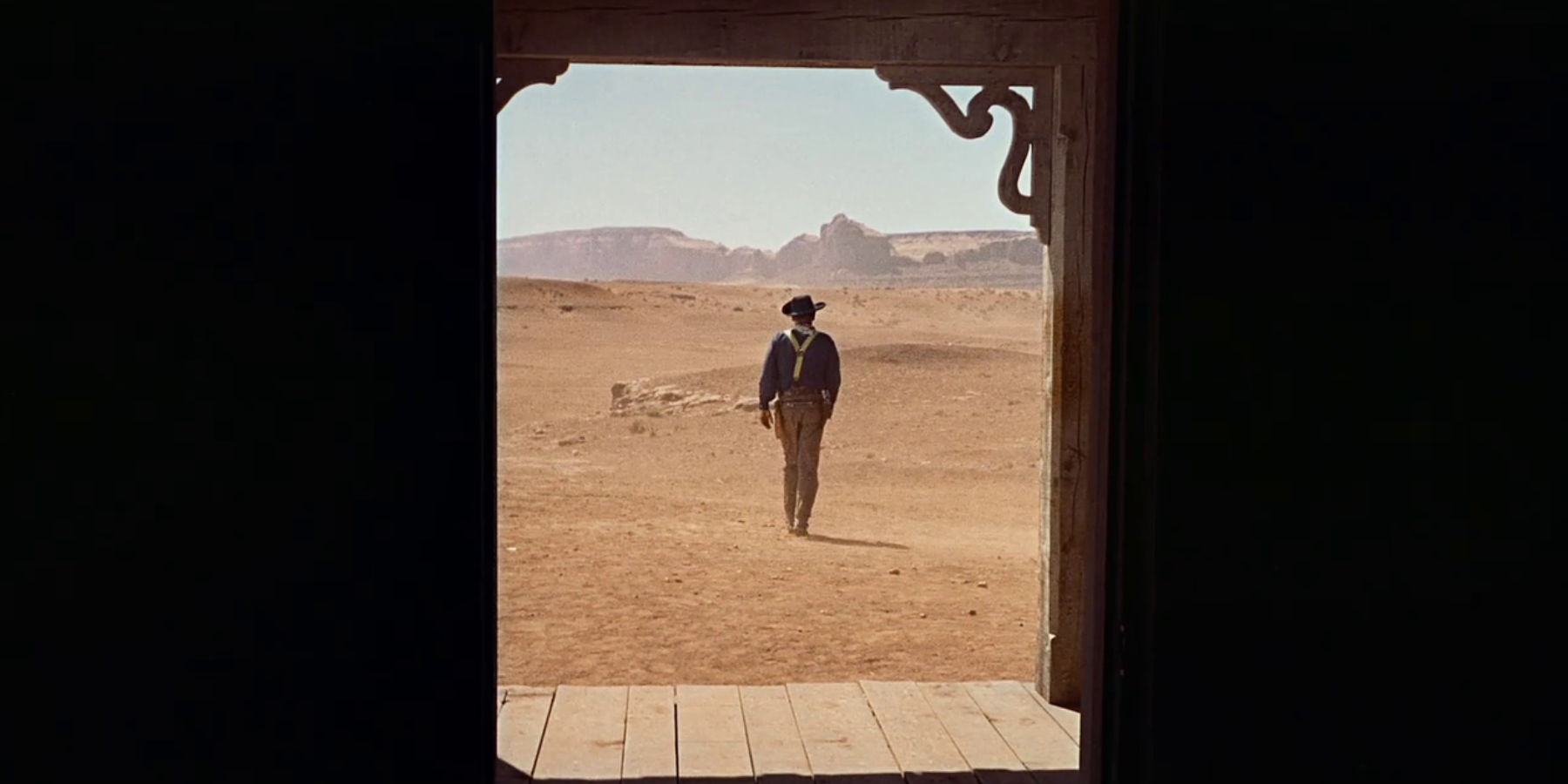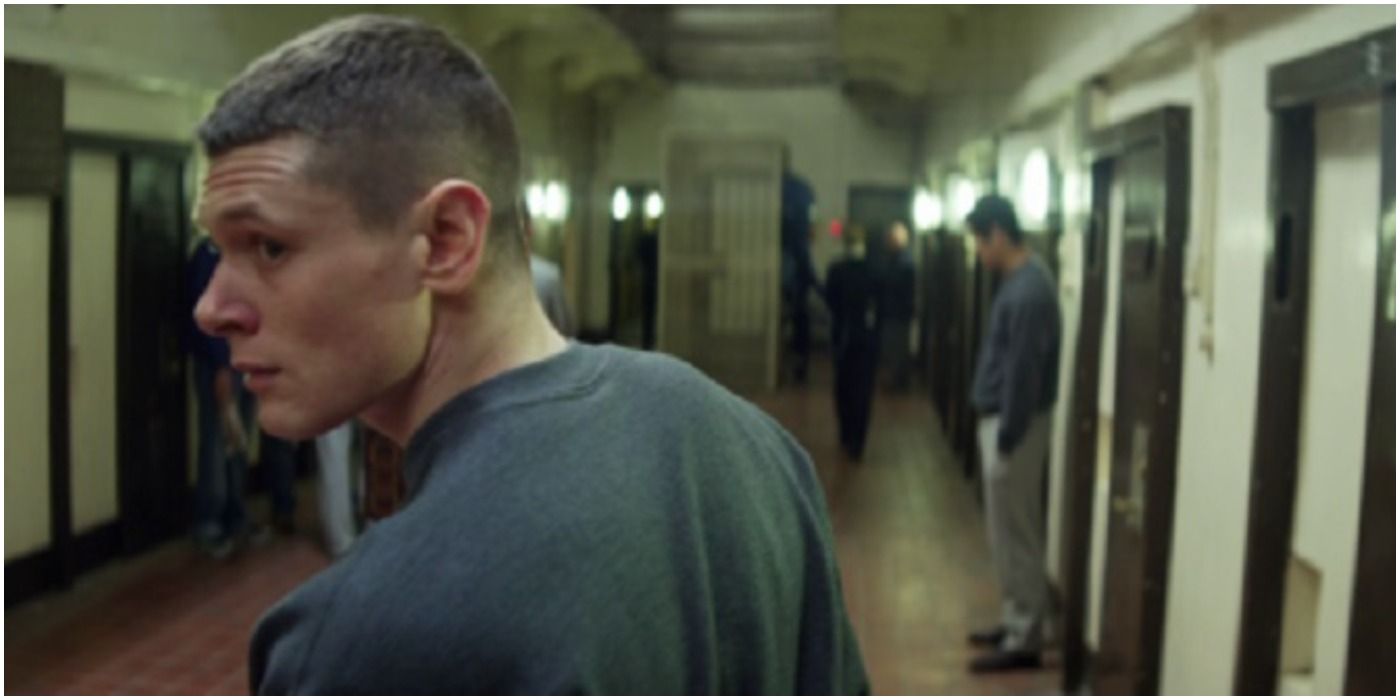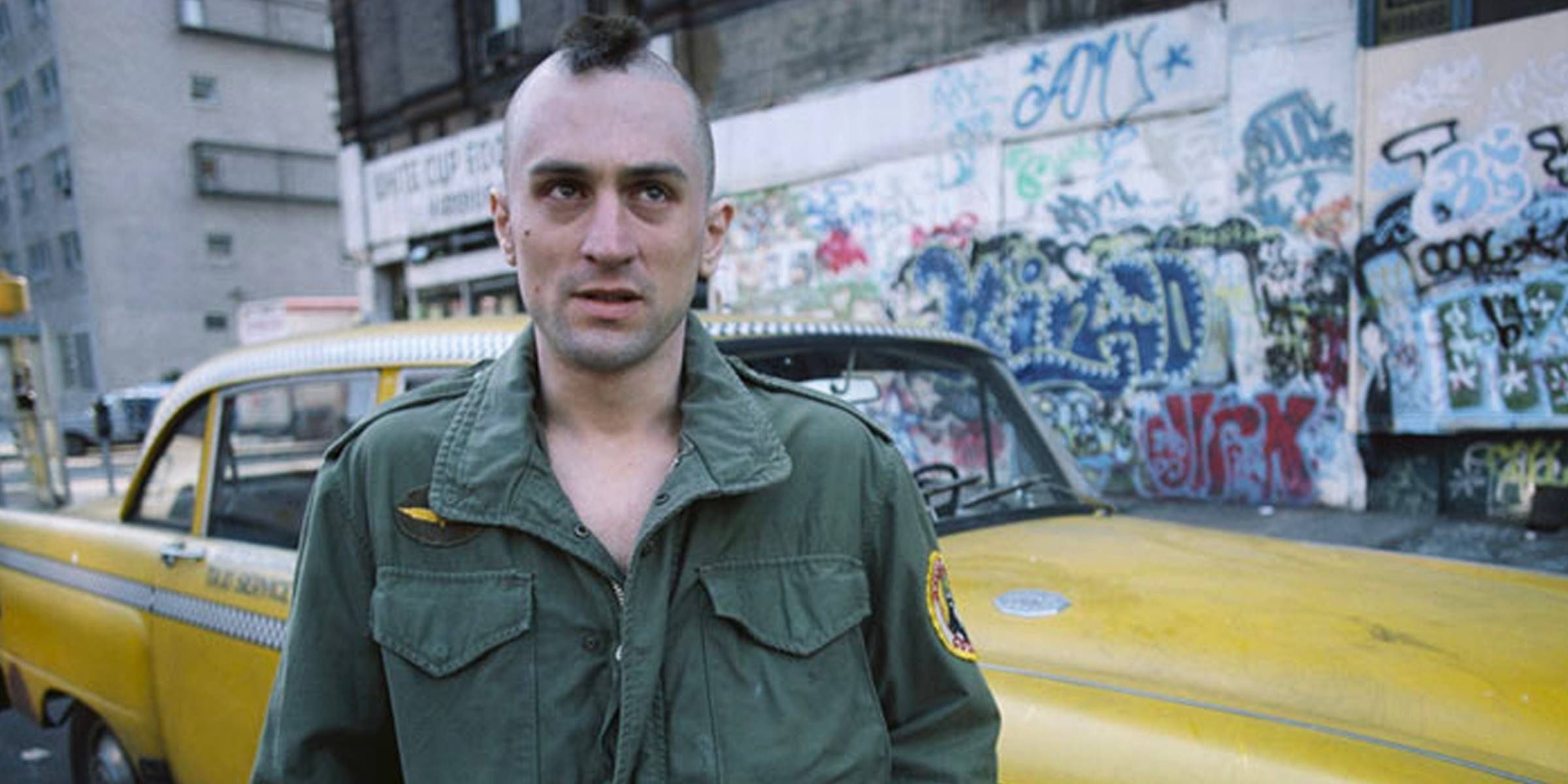2021 saw the release of The Card Counter, written and directed by the legendary Paul Schrader. The title character is William Tell (Oscar Isaac), a solitary, introspective gambler, and features Cirk (Tye Sheridan), a young man with a connection to Tell's past.
Tell takes Cirk under his wing, hoping to achieve redemption for his own sins by putting him on the right path.
10 The Color Of Money Is A Lighter Gambling Movie
While Schrader had no involvement in The Color Of Money, it was directed by his repeated collaborator Martin Scorsese (an executive producer on The Card Counter). The Color Of Money stars Paul Newman as veteran pool hustler Eddie Felson, a young Tom Cruise as the up-and-coming Vincent Lauria, and Mary Elizabeth Mastrantonio as Carmen, Vincent's girlfriend and Felson's hustling partner.
The film is a sequel to 1961's The Hustler, which also starred Newman as Felson. While a lighter, more conventional film than The Card Counter, The Color Of Money has a similar road trip structure and triad of lead characters.
9 First Reformed Is Schrader's Previous Film
The Card Counter follows a familiar formula for Schrader—a journaling insomniac with a dark past narrates his path to self-destructive absolution. Like many of those films, it also touches on contemporary politics, namely, the United States' torture program in the War on Terror.
Schrader's previous work, First Reformed, starring Ethan Hawke, weaves the political themes into the protagonist's arc even more successfully than The Card Counter does. While Tell's past at Abu Ghraib could be swapped out for any shady past, Rev. Toller's existential crisis is inextricably wrapped into First Reformed's commentary on climate change.
8 Hard Eight Is Another Fine Gambling Film
Debut features can be rough, even for filmmakers who are acclaimed later in their careers. One director who had no such bad luck was Paul Thomas Anderson—his 1996 feature Hard Eight was acclaimed and was the harbinger of even better things to come.
Like The Card Counter, the film follows an aloof gambler, Sydney (Philip Baker Hall) who takes on a protégé (John C. Reilly). PTA is from a different generation of filmmakers than Schrader, but it's Schrader and his New Hollywood contemporaries who set the tone for PTA and his peers.
7 Inside Llewyn Davis Is Another Showcase For Oscar Isaac
A character study like The Card Counter lives and dies with the lead performance. It's a good thing then that Schrader recruited Oscar Isaac, an actor of a dying breed—one with both movie star charisma and genuine dramatic chops.
Isaac spent the latter 2010s trapped in the franchise machine, but for one of his earlier performances more in line with The Card Counter, see the Coen Brothers' Inside Llewyn Davis. Isaac is funny, infuriating, and heartrending in the title role—a 1960s folk musician caught in a cycle of failure.
6 The Card Counter Is Practically A Light Sleeper Remake
If there's one previous film of Schrader's which feels most directly in line with The Card Counter, it's 1992's Light Sleeper. Willem Dafoe plays John LeTour, a drug dealer looking to get out of the business and whose journals narrate the film. While Light Sleeper is set in NYC, quite a different setting from the road stop casinos and hotels of The Card Counter, Tell and LeTour follow near-identical arcs.
Both films end with a homage to Robert Bresson's Pickpocket; two lovers, one free and one in jail. Given his work in Light Sleeper, it's also likely not a coincidence that Dafoe plays Lt. John Gordo, The Card Counter's villain.
5 Mud Also Features Tye Sheridan
While Oscar Isaac is the star, The Card Counter has a fine supporting lead as well, with Cirk, played by Tye Sheridan. It's not the first time he's played the role of a youngster under the mentorship of an older man—one of the earlier examples is Jeff Nichols' Mud.
Sheridan plays Ellis, a teenage Arkansan who strikes a friendship with a fugitive named Mud (Matthew McConaughey). The film's wistful feel and rural south setting have the feel of a Newberry Medal winning-classic. Sheridan has been sidetracked with roles in blockbusters like X-Men and Ready Player One. Hopefully, The Card Counter beckons his return to compelling indie roles like Mud.
4 Rounders Is A Poker Classic
While poker is essential to The Card Counter's story, it ultimately feels like more of a backdrop. Tell's early narration explaining the mechanics of card counting is the most the film ever dives into the rules of the game, and the gambling is devoid of thrill.
For a poker movie that loves poker, watch Rounders. Matt Damon and Edward Norton play two friends and semi-professional poker players who find themselves with five days to win $15,000.
3 The Searchers Is One Of Schrader's Biggest Influences
The Searchers is one of the most famous in the Western genre and an early revisionist work—it interrogates the Western's dehumanization of Native Americans. Its politics are far from perfect progressivism, by 21st century standards, but it still stands as an excellent piece of filmmaking.
Ethan Edwards (John Wayne) and his nephew-by-adoption, Marty (Jeffrey Hunter), spend years searching for their niece sister Debbie, abducted in a Comanche raid. The film's influence seeps into Schrader's whole body of work—for The Card Counter, Tell and Cirk's relationship has parallels to Ethan and Marty's.
2 Starred Up Is A Gritty Prison Drama
Chunks of The Card Counter take place in the military prison where Tell spent eight years incarcerated. Schrader frames the prison as a Spartan environment, devoid of material comfort but capable of providing the quiet solitude Tell thrives in.
For a more brutal look at life inside, check out David McKenzie's Starred Up. Jack O'Connell plays Eric Love, a violent 19-year-old who is "starred up," or transferred to an adult holding facility—the same one holding as his father Neville (Ben Mendelsohn).
1 Taxi Driver Was The Beginning For Schrader
Taxi Driver wasn't the first script Schrader wrote (that was 1974's The Yakuza), but it built the blueprint for a story he's gone back to many times, of which The Card Counter is just the latest. With its 50th birthday in near sight, Taxi Driver is still considered a landmark of the New Hollywood movement, and for good reason.
Travis Bickle was the kind of anti-hero who couldn't have existed under the Hays Code—a genuinely disturbed man whose violence is not only unpunished but even applauded by the film's end.

